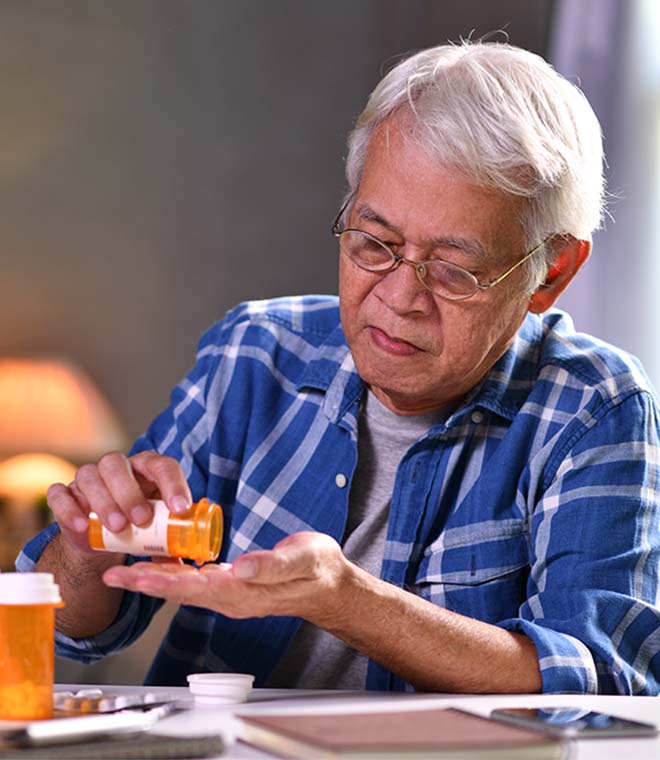Health
How to treat genital warts
By Jenilee Matz, MPH Mar 20, 2024 • 4 min
Genital warts are caused by the human papillomavirus (HPV), a common sexually transmitted infection. About 1 in every 100 sexually active adults in the U.S. has genital warts at any given time. The warts may show up as small, flesh-colored or pink bumps. Sometimes, they may be so small that you cannot see them. Genital warts can cause symptoms, such as burning, itching or tenderness, or bleeding during intercourse. While there is no cure for HPV, there are treatments for genital warts.
Do genital warts need to be treated?
No, genital warts don’t typically need to be treated if they do not cause discomfort. Genital warts are not risky to your health. In fact, if left untreated, genital warts may go away on their own, or they may stay the same or increase in size or number. If your genital warts are bothersome, see your healthcare provider for treatment.
Are genital warts curable?
Treatment can clear up genital warts. However, once you have HPV, the virus can stay in your body. It’s not uncommon for HPV warts to come back. What’s more, you may still be able to spread HPV and genital warts to others even if you have the warts treated.
Home remedies for genital warts
There are no known home remedies for genital warts. Do not try to treat genital warts on your own. Instead, see your healthcare provider for treatment.
How to get rid of genital warts
There are various ways to treat genital warts. Your healthcare provider will recommend a treatment based on the location, size and number of warts. They’ll also take your health and preferences into account.
Topical medications
Your healthcare provider may prescribe a topical medication to clear up your warts. These are medicines that you or your healthcare provider apply directly to your skin. It will likely take multiple treatments over several weeks for the warts to go away.
Do not try to remove genital warts with over-the-counter wart removal medications, including salicylic acid. These products are intended to be used on other types of warts and should not be used on the genital area.
Surgery
If your warts don’t respond to medication, your healthcare provider may suggest surgery, or they may recommend surgery as the first line of treatment if you have large warts or if you’re pregnant. Surgical options include:
- Surgical excision: Your healthcare provider uses special tools to cut off the warts. You may need local or general anesthesia.
- Cryotherapy: This involves your healthcare provider freezing genital warts with a chemical. This causes the wart to blister. As it heals, the wart comes off.
- Electrocautery: Your provider uses an electrical current to burn off the wart.
- Laser or light therapy: Your provider uses an intense light beam to destroy the warts. This approach is usually reserved for warts that are difficult to treat.
Note that you may need more than one round of treatment for the warts to clear up. Medications and surgeries can each cause side effects, such as pain, burning, swelling or possibly scarring. When considering your treatment options, ask your healthcare provider about specific side effects.
Clinically reviewed and updated March 2024.
Sources:
- https://www.cdc.gov/std/hpv/stdfact-hpv.htm
- https://www.uptodate.com/contents/condylomata-acuminata-anogenital-warts-treatment-of-vulvar-and-vaginal-warts
- https://www.ncbi.nlm.nih.gov/books/NBK441884/
- https://www.mayoclinic.org/diseases-conditions/genital-warts/diagnosis-treatment/drc-20355240
- https://www.womenshealth.gov/a-z-topics/genital-warts
- https://www.aad.org/public/diseases/a-z/warts-self-care




